The Covid pandemic has provoked a fresh wave of hesitancy. According to VCP data, between 2018 and 2023 confidence in vaccine safety, importance and efficacy fell by about 20% in the UK.
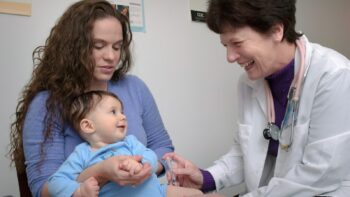

The Covid pandemic has provoked a fresh wave of hesitancy. According to VCP data, between 2018 and 2023 confidence in vaccine safety, importance and efficacy fell by about 20% in the UK.
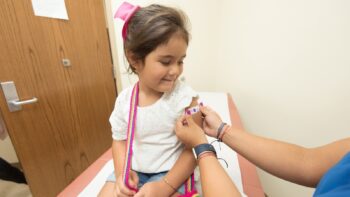
Public opposition to COVID-19 vaccine mandates was reported globally. This opposition has resulted in diminished uptake of standard childhood vaccines.

This study aimed to investigate the uptake status and reasons of childhood influenza vaccination during the pandemic in China.
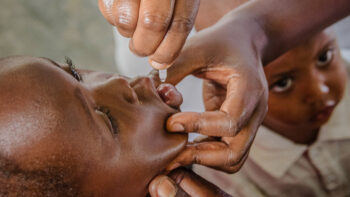
Public confidence in vaccines has declined across sub-Saharan Africa since the COVID-19 pandemic, new research shows.

The latest WHO/UNICEF estimates of national childhood immunisation coverage have revealed the largest declines in routine immunisation uptake globally in three decades. Through a large-scale retrospective modelling study, we investigate the extent to which vaccine confidence has changed globally using pre- and post-pandemic.
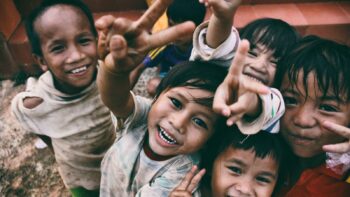
The State of the World’s Children 2023 was developed in collaboration with VCP and using Vaccine Confidence Index data. It reveals that public perception of the importance of vaccines for children declined during the COVID-19 pandemic in 52 out of 55 countries studied.
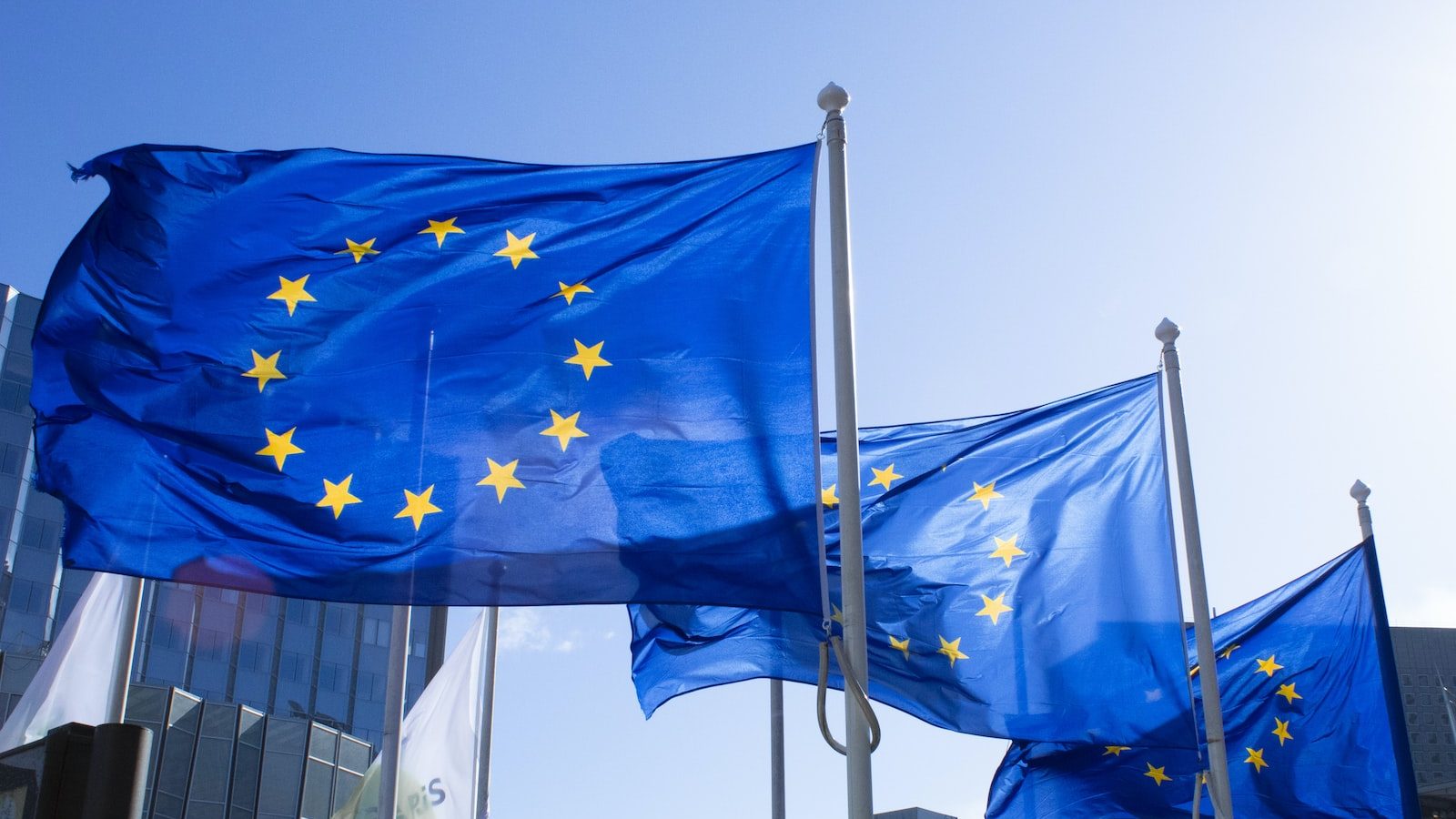
In 2018, the European Commission engaged the Vaccine Confidence Project to create the first “State of Vaccine Confidence in the EU” report. Since then, the VCP has conducted bi-annual research to map and monitor public attitudes to vaccines across the region and examine trends over time.

The UNICEF Regional Office for Europe and Central Asia (UNICEF ECARO) and the VCP worked in partnership to better understand the impact of social media on caregivers’ attitudes, beliefs, trust, immunisation intention and uptake.

A new report on the level of public confidence in vaccines among Europeans shows a strong majority believe vaccines are important, effective and safe.
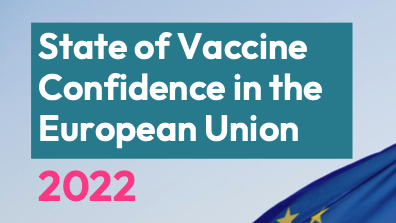
Read the 2022 instalment of the VCPs bi-annual research report “The State of Vaccine Confidence in the EU,” which monitors public attitudes to vaccines across the continent.
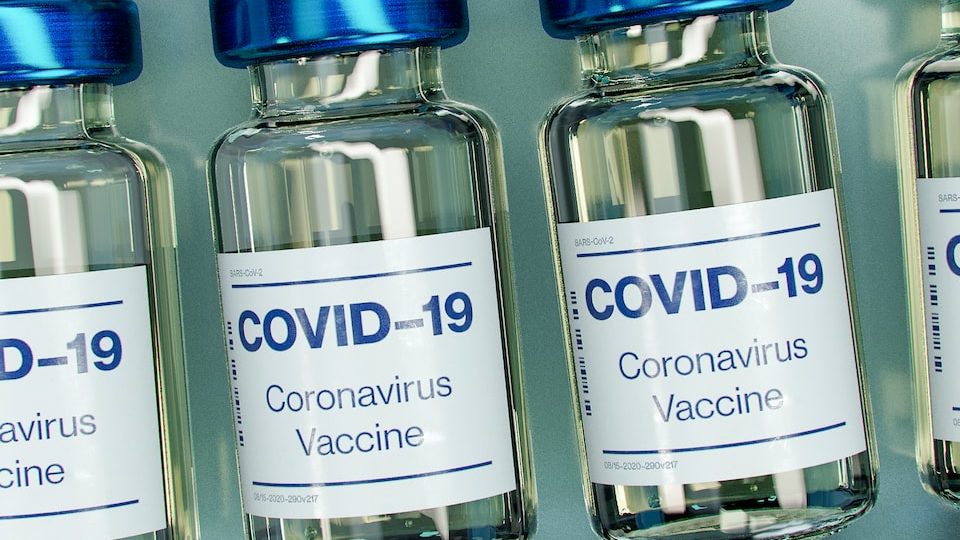
In this review article, examples of hesitancy regarding the measles–mumps–rubella (MMR), human papillomavirus (HPV), and COVID-19 vaccines are used to explore the multifaceted issues that fuel vaccine hesitancy. Each of these examples is part of a larger, more complex story.
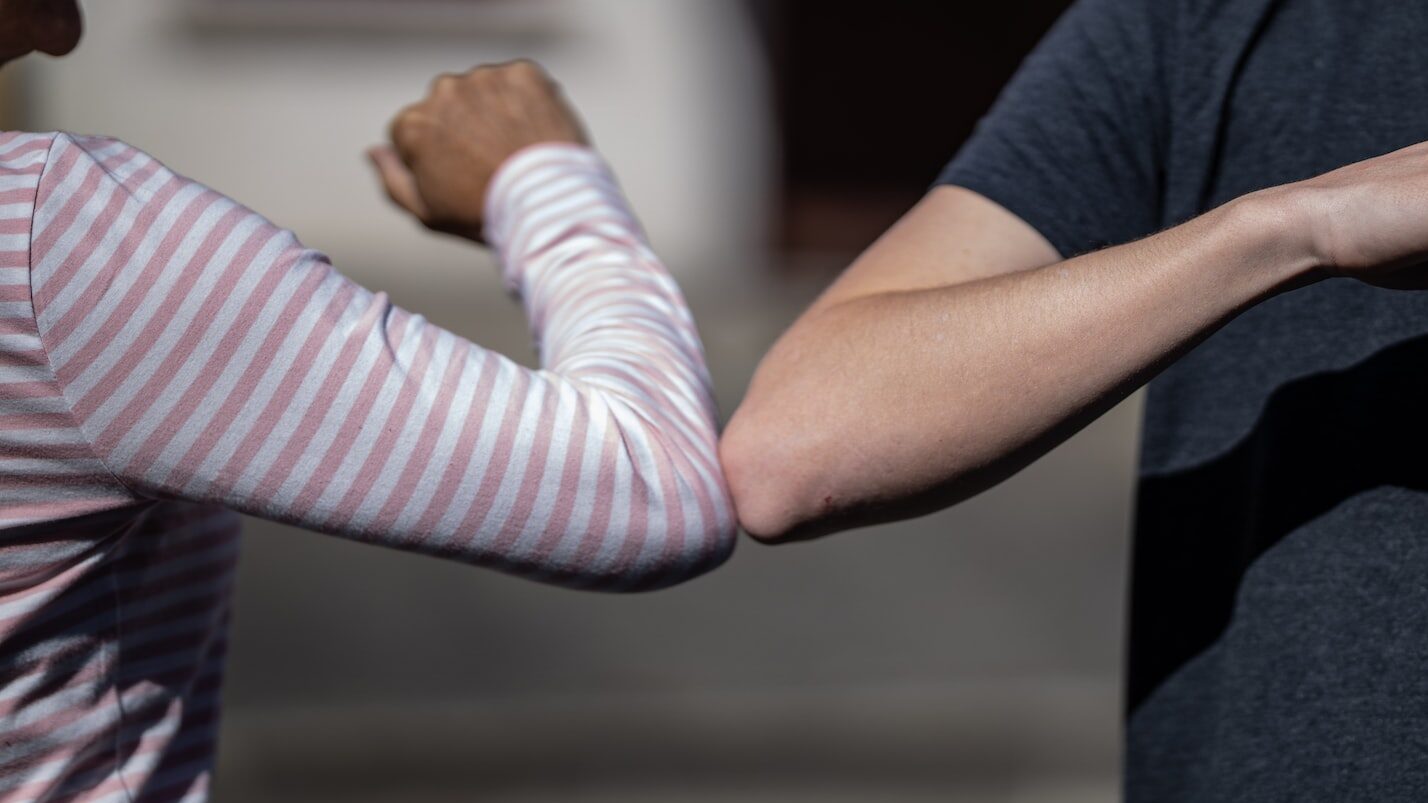
This study aimed to assess changes in trends of parental attitudes toward routine childhood vaccines and COVID-19 vaccinations across different time periods in China.